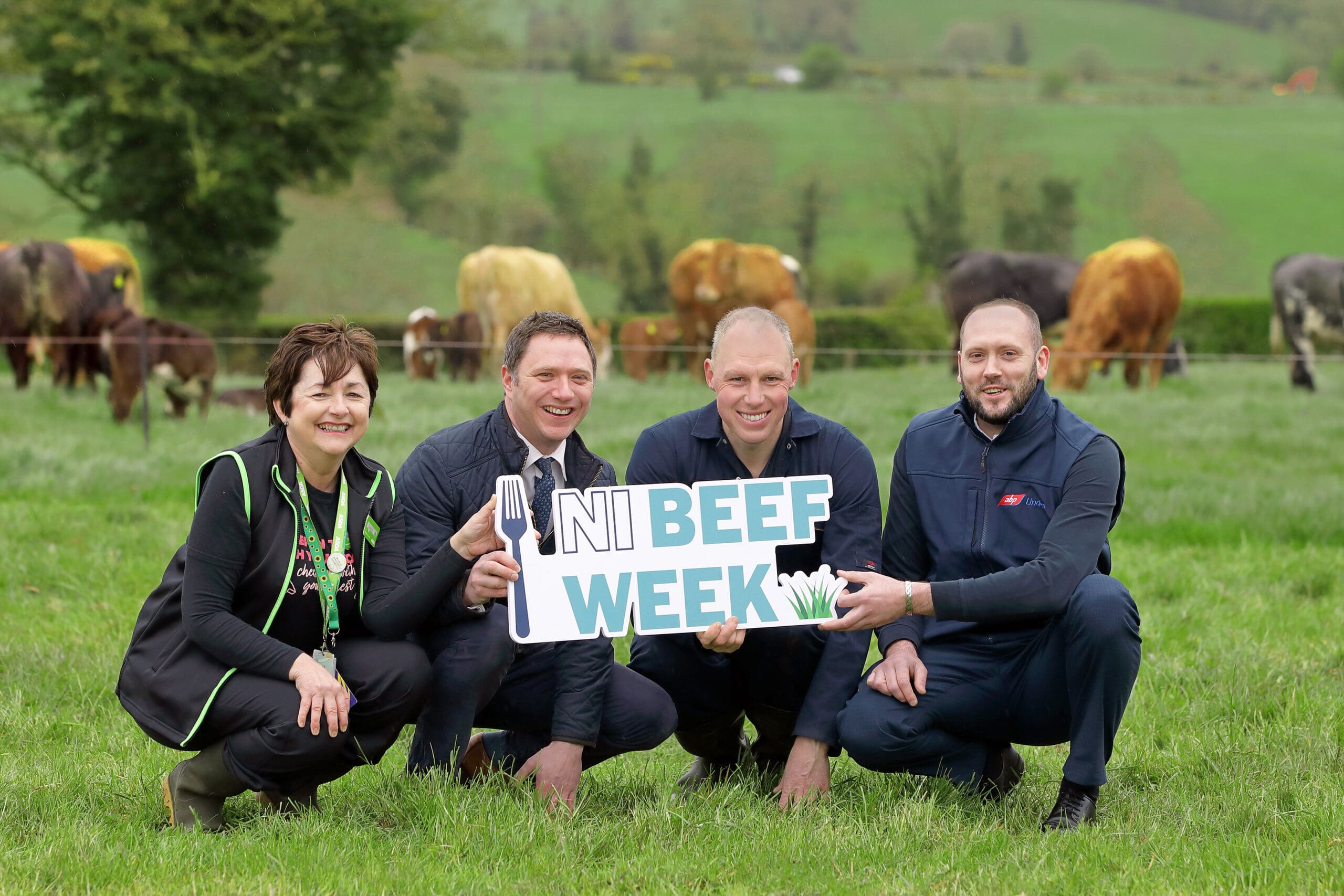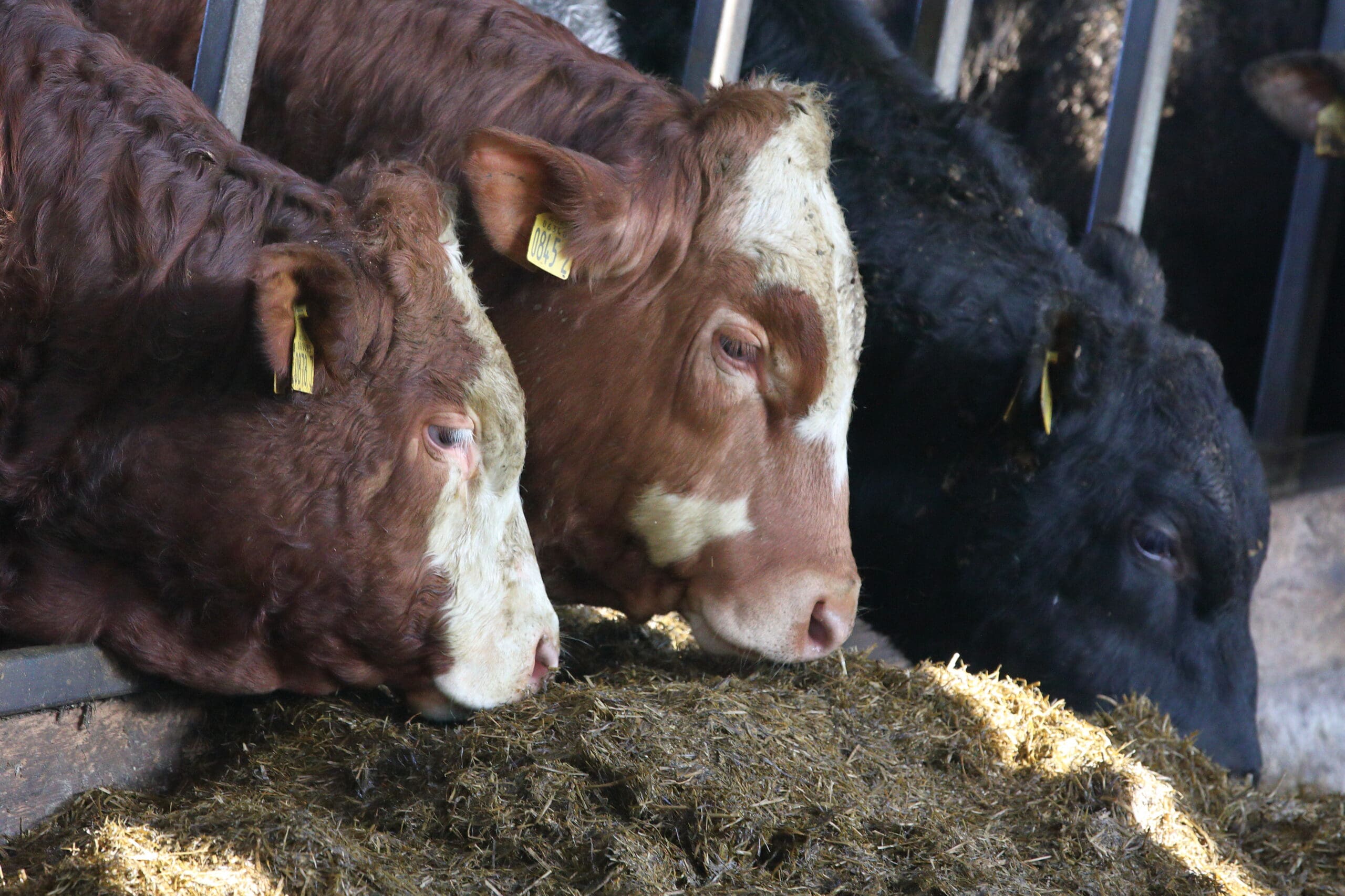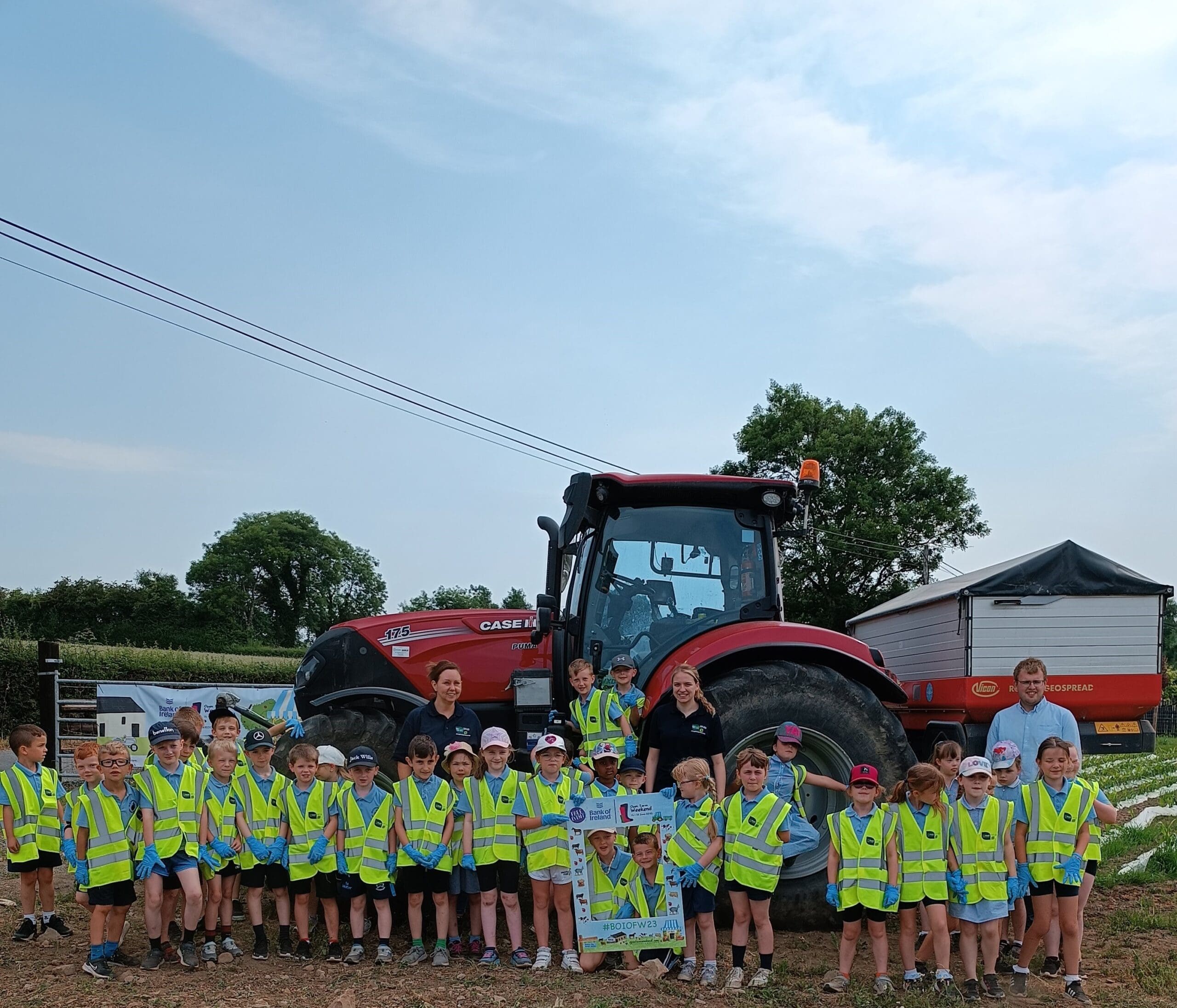Ahead of the spring cropping season the Ulster Farmers’ Union is reminding farmers that they must take the correct precautions when storing and spreading poultry litter in order to protect their Single Farm Payment.
UFU Environment Chairman James Brown said; “Poultry Litter is a valuable source of nutrients for spring crops (when used in accordance with RB209) and can reduce the need for chemical fertilizer application. However, the high nutrient value also means that the correct precautions must be taken when storing and spreading litter.”
“As of the 1st August 2012 the European Commission extended the derogation period for storing poultry litter in field heaps until 31st December 2014. This was in response to the continued progress towards finding a long term solution for the safe disposal of poultry litter in Northern Ireland. In order to protect this derogation farmers must comply with the requirements that have been adjusted as part of the Nitrates Action Programme (NI) 2010.
James Brown Continued; “If farmers intend to import poultry litter onto their farm they must note the quantity, nitrogen content, date of delivery and details of the supplier. Litter can be stored in a midden, provided the correct collection facilities are in place to capture run-off or alternatively if the intention is to store it in a field heap there are a number of requirements that must be adhered to in order to prevent water pollution. One of these particular requirements which the EU Commission imposed was the notification to the NIEA of field storage heaps. It is particularly important NIEA are notified of this if we are to clearly demonstrate to the EU Commission that field heap storage of poultry litter in Northern Ireland is still needed.
“As we are all aware 2012 was a very difficult year for farm incomes so the importance of the Single Farm Payment to farm businesses is more evident than ever. Therefore, the UFU would advise farmers to consider the rules set out in the Nitrates Action Programme carefully, to protect themselves from receiving any penalties and the subsequent delay this can cause to their payment.”
The Union has also highlighted the significance of a cautious approach given the on-going review by the European Commission on compliance with the NI Nitrates Action Programme and water quality.
James Brown added; “European Commission officials have clearly outlined that they have concerns about our current rules as well as the high level of organic phosphate the agri-industry in Northern Ireland is producing and also the necessity to find a sustainable outlet for the disposal of high nutrient organic fertilizers. It is vital that local farmers act responsibly when storing and spreading poultry litter so that we do not give the EC any excuses to strengthen the current rules. Brussels will be monitoring our situation closely in terms of compliance and our ability to notify the NIEA if we intend to use field storage. In addition they have threatened to introduce phosphorus balances for all NI farms in the future if this situation is not managed carefully and where the relevant bodies within our industry and Government do not find a long term solution to poultry litter disposal.”




